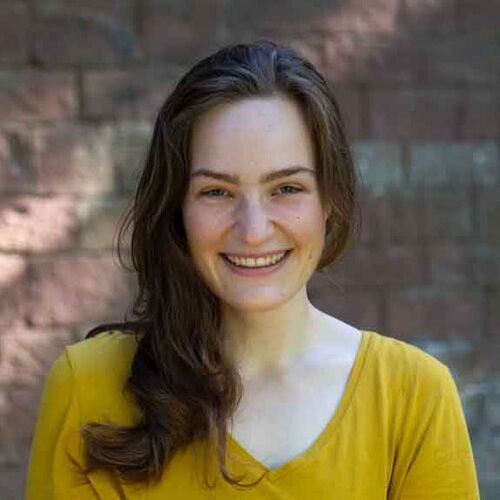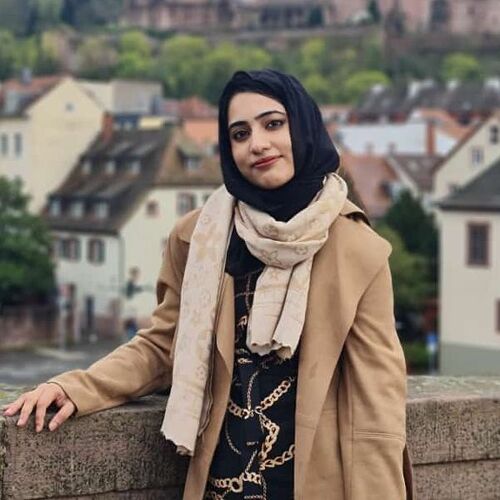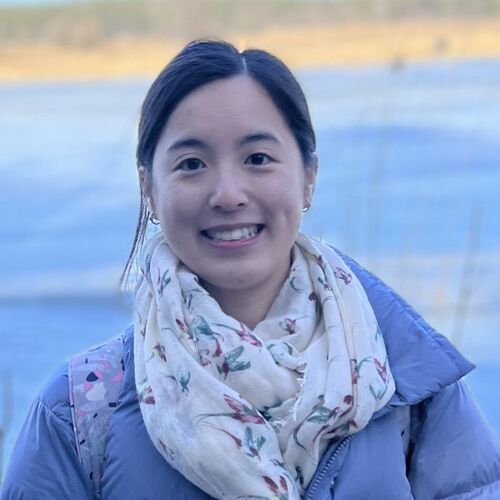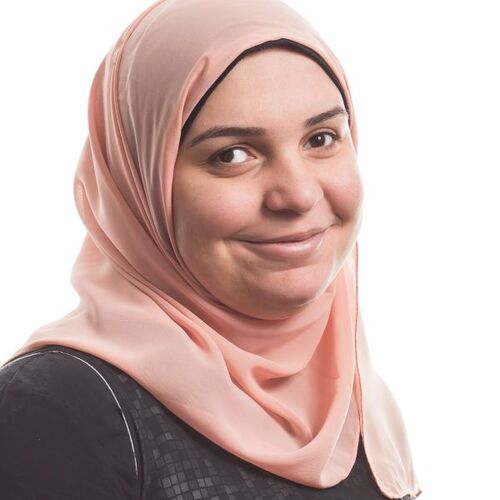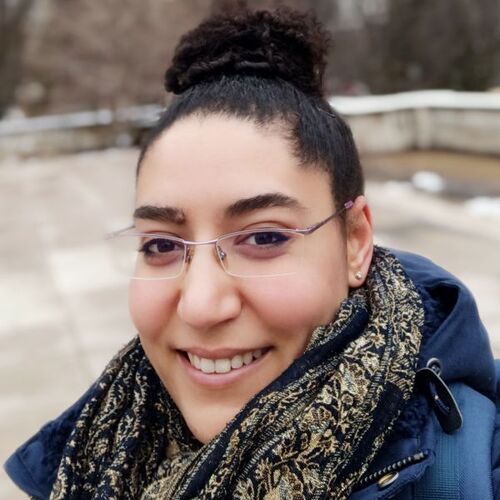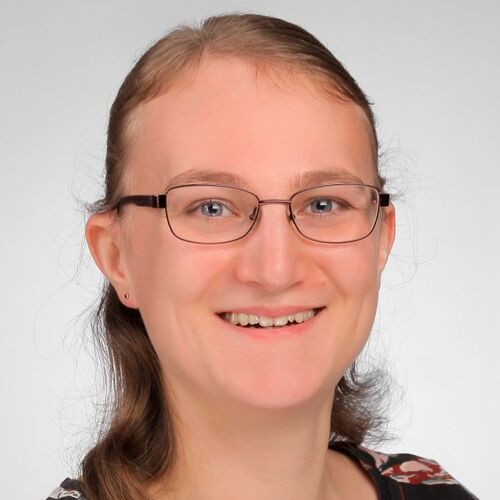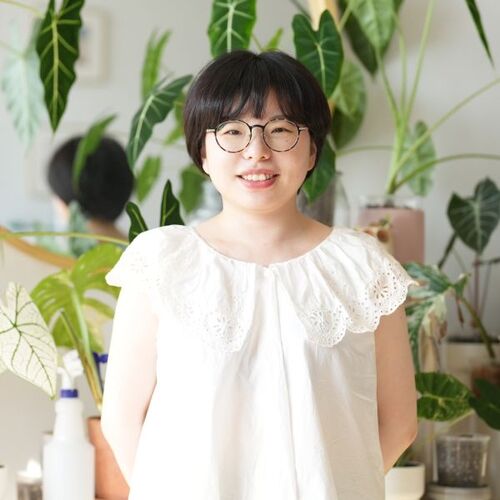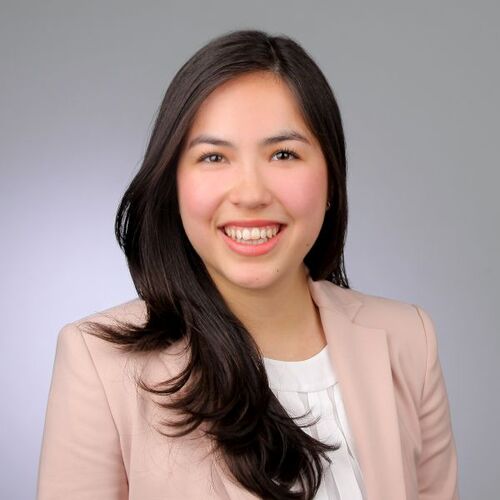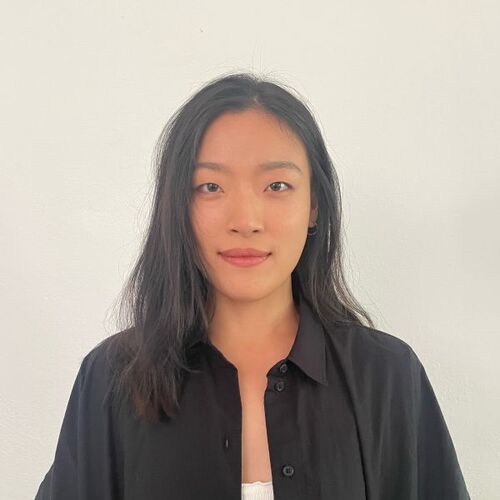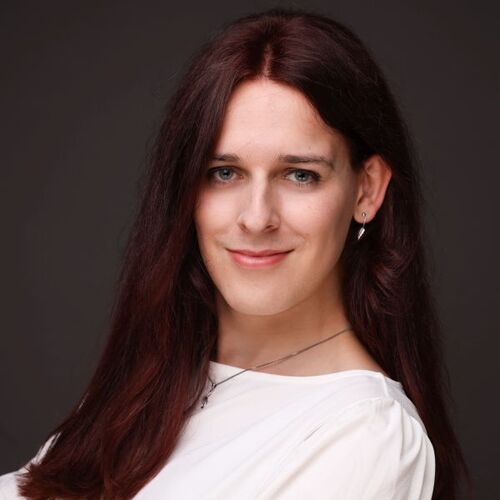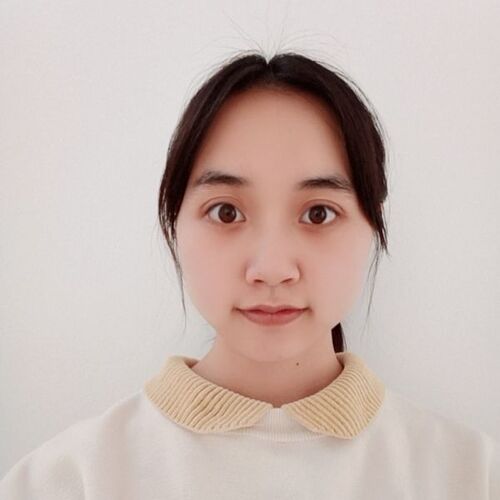Content overview
sprungmarken_marker_4819
MINToring – Mentoring Program for Female Master’s Students in STEM Fields
Unfortunately, women in STEM fields are still a minority. You already experienced this in your studies, which you are currently doing with a majority of male fellow students.
Now you are in your master’s and asking yourself – science or rather business? What does one do during a doctorate?
It was the same for us. We, female PhD students and postdocs at the Institute for Automation and applied Informatics (IAI), would like to give you the opportunity to get to know our everyday life and support you in your decision – for example business or science.
You are:
- female master’s student
- in the field: computer science, mechanical engineering, electrical engineering, chemical engineering, bio engineering, mathematics, or physics
What to expect:
- regular meetups with your mentor (intensity can be arranged individually)
- workshops
- lectures of women working in STEM fields
- networking with PhD students and postdocs at IAI and other students
If you have any further questions, please contact us at mentorinnen∂iai.kit.edu.
There is currently no application. The next call for applications is expected to be in 2025.
Mentors
How do the systems and methods look that build the energy transition? This curiosity led me to the IAI after my maths and computer science studies. At the IAI I am now optimising electricity networks and looking in to redispatch 2.0. Besides the PhD I am interested in topics concerning socienty and, hence, also female empowerment. That is why I am happy to show some female students the research world in the MINToring programme.
I am Hallah from Pakistan and I am a PhD student at KIT since 2023. My research areas are reinforcement learning, machine learning and its applications in energy domain. I also have four years of experience in industrial work as a software developer. Being an enthusiastic researcher and software developer, I want to help others with my experience in both fields (research and industry). I am friendly and easy-going person, and I am ready to guide people if they are facing any issues during their research or choosing the career path.
I studied medical technology at the University of Stuttgart and came to KIT in 2022 for my PhD. For more than two years now, I have been working on polymer 3D printing processes, first at the Fraunhofer Institute and now at KIT. In particular, I am fascinated by the complexity and potential of inkjet-based 3D printing. The topic of my PhD at IAI therefore deals with the process optimization of this high-resolution manufacturing method. I find the mentoring program a great way to bring together future female graduates and doctoral students. I look forward to the intensive exchange with you and hope to be able to support you with your questions.
Hello, I’m Hadeer and I come from Egypt. I finished my BSc in Computer Science from the American University in Cairo, followed by four years of working as a data scientist. I then pursued my MSc in artificial intelligence. Directly after this, I started my PhD at KIT specializing in applying machine learning to power systems time series. I’m really eager to meet you and get to know you!
I did my Master's degree in “Electrical Engineering and Computer Science” with a specialization in mechatronics where I worked on the topic of detection of faults and anomalies for my Master Thesis in applied research in Industry. To continue working on this interesting research area, I decided to do a PhD thesis at the IAI. The focus of my current research work is to enhance the cyber-physical security in modern energy systems and my PhD topic takes up the challenge of securing the availability of the communication traffic in IEC 61850 substations through the development of an adapted anomaly detection method. Within the mentoring program, I would like to offer my experience with respect to my research as well as to support in personal development and decision-making for future career paths.
Each step towards understanding how everything works and interconnects makes our world even more fascinating. At least that’s how it works for me. This enthusiasm has never left me, even though my physics studies here at KIT, naturally, weren’t just a picnic. Since February 2021 I am doing my PhD here at IAI, working on the question: What's going on in the power grid right now? In my free time I do volunteer work in my sports club and I love to join in any handcrafting activity.
I obtained my PhD from OIST, Japan, specializing in applying reinforcement learning to renewable energy systems. Prior to that, I pursued my bachelor's and master's degrees in Electronic Engineering and Circuits and Systems at UESTC, China. My interests span robotics, machine learning, and neuroscience. I started working as postdoc at IAI in March 2024, where I delve into power system management problems using machine learning techniques. Throughout my academic journey, I've encountered numerous brilliant and dedicated female scientists across various disciplines. Their passion and perseverance have greatly inspired me. Now, I would love to contribute to the MINToring program, aiming to foster a supportive community where we can collectively grow, inspire, and navigate the paths of academia and career advancement together.
In my mechanical engineering studies, I specialised in robotics and medical technology. I started my PhD in October 2022, and I am currently working on automatic imaging and 3D modelling of biological organisms for biodiversity research. Since I was a mentee in the first round of the IAI's MINToring program and this helped me a lot in my decision to pursue a PhD, I am happy to continue to be involved as a mentor.
I did my master's degree in Electrical Engineering, where I specialized in signal processing and machine learning algorithms. After completing my master's thesis in industry and gaining valuable experience there, I realized that my real interest lies in research. This led me to pursue my PhD at IAI in October 2023, where I am currently focusing on data management for energy systems.
I hope to support young women in STEM fields and believe the MINToring program is an excellent platform to share my experiences and insights. I am looking forward to meeting you and helping guide you on your career journey, offering support and advice based on my own academic and professional experiences.
My main interest lies in the fusion of technology with art. This passion stems from my love for amusement parks and utilizing technical systems to create experiences. It was this fascination that led me to pursue mechanical engineering, with the goal of eventually contributing to such systems. I believe in the symbiotic relationship between creativity and technology, and I enjoy infusing innovation into engineering challenges. I am constantly curious, unafraid to question the status quo, and eager to explore solutions from unconventional angles. Throughout my studies, I specialized in vibration theory, tribology, and simulations, and I am currently responsible for developing a digital twin at IAI.
Hello, my name is Xinyi, I am a doctor candidate in DRACOS research area. With a background in Mathematics and Statistics, my focus is analysis of power grid dynamics through the lens of statistical inference. As a doctoral candidate, my passion lies in unraveling the complexities of power grid frequency and exploring its nuances using statistical methodologies. As a mentor, I am committed to fostering a collaborative and supportive environment where we can exchange ideas and work together. I look forward to our journey ahead and the opportunity to learn and grow alongside each of you.
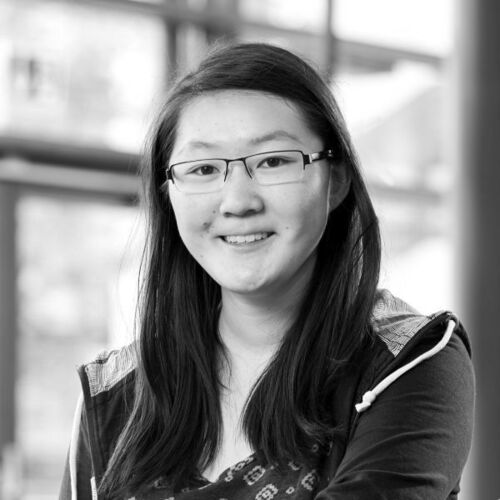
I have always been curious about the backgrounds and effects of all kinds of physical phenomena and technical concepts.
During my studies in electrical engineering and information technology, I was able to live out quite a bit of this curiosity and was able to gain insights into many exciting and different engineering topics, such as medical technology, solid-state electronics and power engineering.
Afterwards, I started my PhD here at IAI and dedicated myself to a deeper dive into a single topic, namely the control of microgrids, which is of interest with the growing percentage of decentral energy sources.
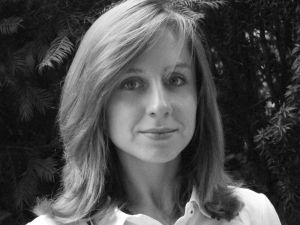
Martha Maria Frysztacki
“There are things which seem incredible to most men who have not studied mathematics” is a quote from Archimedes. I desired to understand most of the incredible and, hence, chose to study math. Still, I find many things incredible ... But now I can apply the abstract tools of mathematics in different fields. For instance in my PhD in informatics at the KIT. Here, I implement and analyse future model scenarios of various climate objectives, such as those of the Paris agreement or the climate goals 2035 / 2050 of the European Comission.

Grushika Malve
From my childhood, I was very much fascinated with modern developments and the latest technologies. My first choice was to pursue a Bachelor’s degree in the field of Electronics and Communications. With this background, I specialized my Master’s in Digital Engineering and gained profound experience in wireless Industry 4.0 communications. Presently, I am working as a research assistant at KIT dealing with security concepts in the field of energy domain. I would be happy to support and guide KIT students in their future endeavors.

Katharina Löffler
The natural sciences have fascinated me since school, unfortunately, I could not study all of them. I decided to study electrical engineering and information technology at KIT, where I specialized in signal processing in my Master’s. In my PhD at IAI I develop tracking algorithms to track biological cells over time.
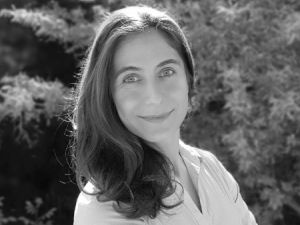
Lisa Petani
During my studies of mechanical engineering at KIT, I spezialized in the fields of medical technology and robotics in my master’s degree. Subsequently, I started my PhD at IAI, where I further specialized in the field of medical technology. In my PhD I am working on inkjet-printed sensors, which are developed for application in various medical devices.
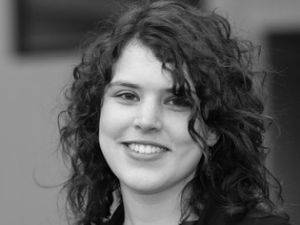
I have always been interested in many different fields of study, but in the end I had to decide and chose physics. After specializing in particle physics, I switched to biophysics and did my doctorate in physics, where I studied the behavior of proteins in simulations. Afterwards I ended up in computer science at IAI, where I continue my research as a postdoc and coordinate the interdisciplinary graduate school HIDSS4Health.
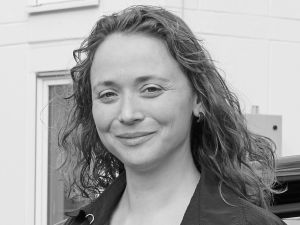
From physics student with minor subjects in economics and education to scientific officer in energy research to a doctoral researcher at the department of mechanical engineering. Alongside, I offered workshops in adult education here and started a doctoral researcher representation there. Resumes are usually not straightforward. And I find detours simply exciting. But they can also be difficult, which is why I have often sought support in my past when I needed it. As a mentor, I would like to offer you this support now.
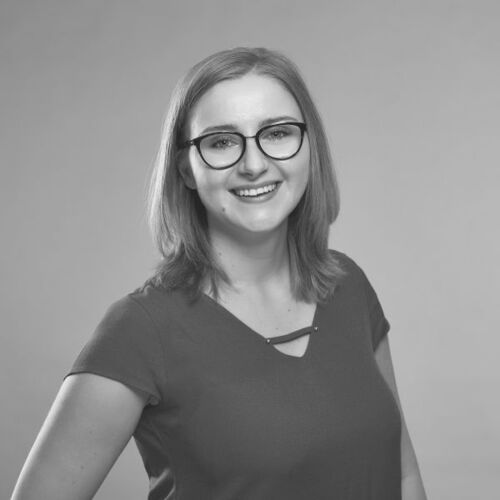
STEM disciplines have always fascinated me. My studies should therefore give me the opportunity to get to know diverse areas and not require a specialization too early. So I studied mechanical engineering at KIT, where more or less everything is possible. Through this “everything” I found my interest in building energy technology, which represents an enormous potential for the urgently needed energy transition. At IAI, I supervise the Smart Energy System Lab as part of the “Research Infrastructures in Research-Oriented Teaching (RIRO)” and thus try to make our research attractive for future scientists. It is furthermore a personal concern of mine to increase the visibility of women in science.
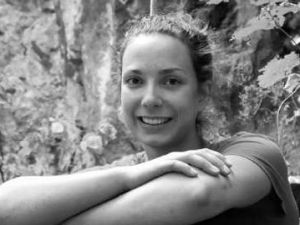
I always found many different topics interesting and it was difficult for me to decide what to do next after leaving school. After a good deal of thought, I decided to study physics, where I first specialized in condensed matter. After graduating, I was drawn to the IAI by the diverse and interesting topic of the energy transition. In my PhD, I am now modeling future energy systems that aim to reduce greenhouse gas emissions.
- Examinations
- MINToring – Mentoring Program at IAI


